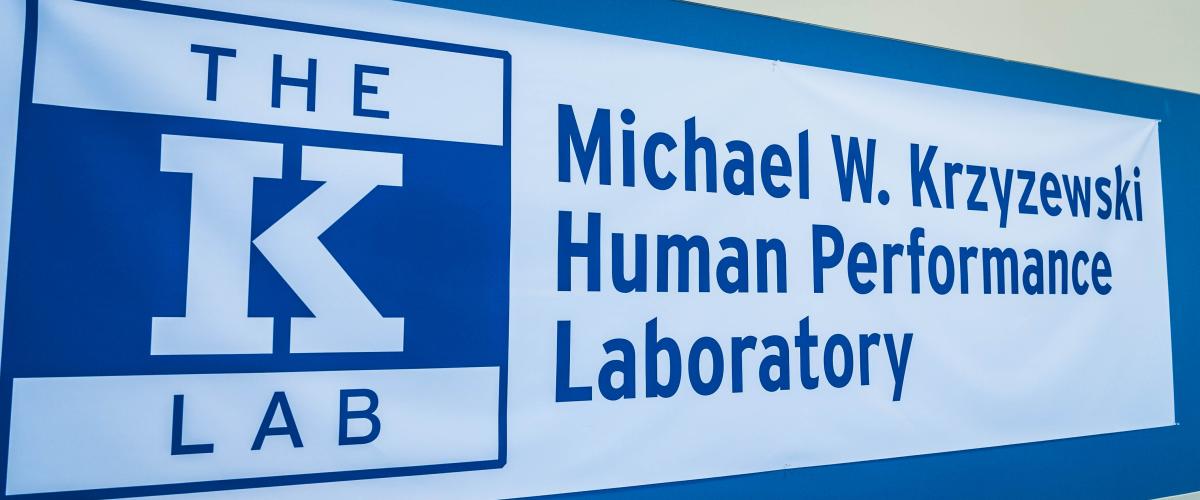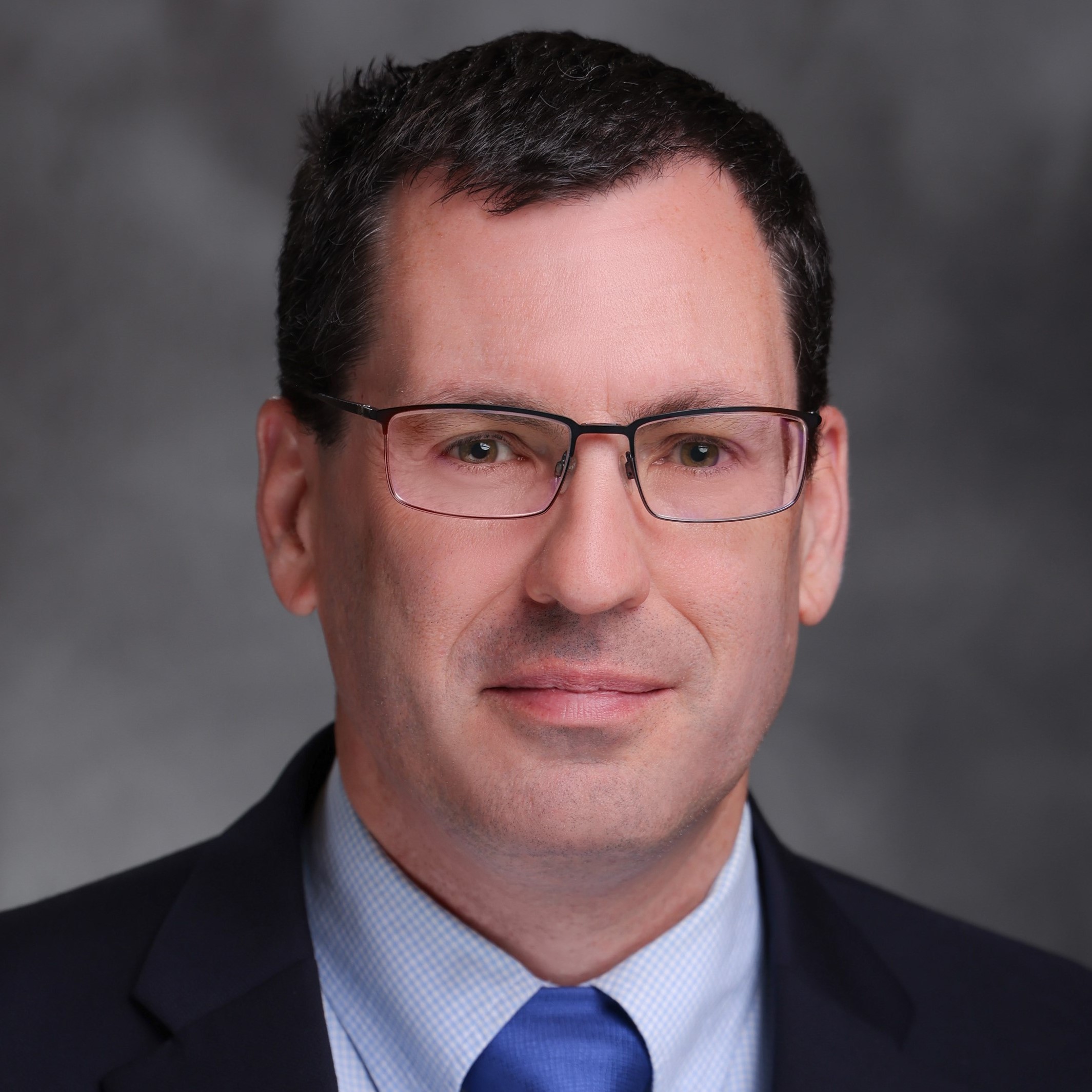
Overview
The Michael W. Krzyzewski Human Performance Laboratory (K-Lab) is an applied human movement laboratory at Duke University School of Medicine. It is a core research lab available to the Duke research community and researchers from other institutions. The K-Lab is at the James R. Urbaniak, MD, Sports Sciences Institute.
Scope
The K-Lab supports research in the clinical and applied sciences. Activities often bring together a multidisciplinary team, including surgeons, biomedical engineers, kinesiologists, physical therapists, and athletic trainers working on health, fitness, and sports topics. Many projects are related to orthopedics, but the K-Lab is open to all researchers who would benefit from our technology and expertise.
Human Movement Assessment
The K-Lab investigates whole-body human movement in terms of kinematics, kinetics, and EMG using optical motion capture, force plates, isokinetic dynamometry, wireless EMG, wearable inertial sensors, and other devices. These elements of physical function can be tested within a clinical or sports context. View the lab's technical capabilities.
Analytics
The K-Lab offers full custom analytics for all research data. This involves cleaning and processing raw data for export. The data may be further prepared in Microsoft Excel, Matlab, Python, or R for eventual use in statistical software to perform hypothesis testing to answer the research question. Statistical hypothesis testing is not generally considered a part of the K-Lab service offering, but data can be processed up to that point to describe human movement fully.
Current projects
- ACL injury risk and jumping
- Quadriceps force measurement validation
- Spinal cord stimulation for rehabilitation in spinal cord injury
- Functional analysis of surgical treatments for Knee Osteoarthritis
- Ultrasound analysis of soft tissue
- ACL injury and return to sport Wearable technology validation
Project development
As a shared resource laboratory, K-Lab's standard operating procedures (SOP) may vary with the PI. The PI is responsible for developing a data management and sharing plan with the K-Lab before project initiation. Project development for all investigators internal and external to the K-Lab involves:
1. An initial meeting with the K-Lab director, lab analyst, and the prospective PI to discuss:
- Research question and specific project aims
- Required equipment
- Required expertise
2. This meeting will determine whether the K-Lab has the capabilities to fulfill project needs. Projected costs will be established and reviewed.
3. Specific protocols will then be developed for:
- Data collection
- Data processing
- Data analysis/coding
- Data transfer/storage
4. The procedures for all K-Lab projects must be approved by the K-Lab director, but each PI/entity using the K-Lab is responsible for regulatory compliance.


